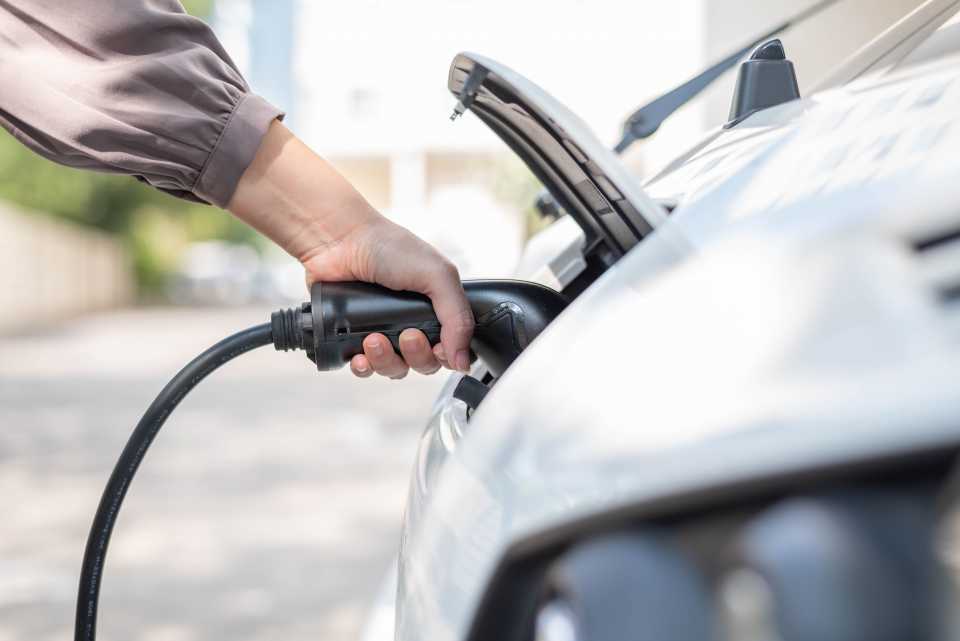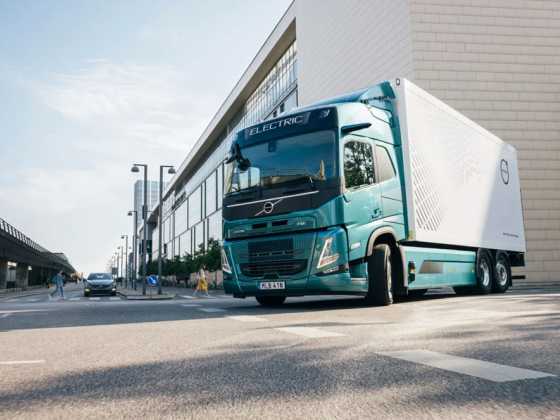Forty-nine per cent of new car buyers planning ULEV as next purchase

The Department for Transport has released the findings from its National Travel Attitudes Study.
Of those who said they were planning on buying a new car, 49% said they were planning on buying an ultra-low emission vehicle as their next vehicle, defined as either a battery electric or plug-in hybrid vehicle.
When asked about their knowledge of electric cars, 45% of respondents said they had low to no knowledge , compared to the 37% who rated their knowledge high to complete. Males were more likely to rate their own knowledge highly (47%, compared to 28% of females), and conversely females were more likely to rate their knowledge towards the low end of the scale (56%, compared to 32% of males).
Those with a higher household income rated their knowledge more favourably compared to those with a lower household income. Of those with a household income over £50,000, 44% rate their knowledge as good to complete compared to 32% of those with an income less than £15,000.
Of those with a household income £50,000 or more, 57% were planning to make a ULEV their next purchase and only 8% were not planning on purchasing a new car. This is also largely the same as individuals in households with an income between £35,000 and £49,999. By contrast however, 41% of those in households with an income of less than £15,000 were likely to make a ULEV their next vehicle, and 29% had no plans to purchase a new car at all.
Of all respondents, 27% agree that most public chargepoints have long queues, an almost even split with the 26% who disagree. This has increased from the 18% who said that most public chargepoints have long queues when asked in the 2022 survey.
Of those respondents who agree that public chargepoints have long queues, 46% say they are likely to make their next car purchase a ULEV, and 9% say they don’t plan to buy a new car in the near future. Conversely those who disagree that there are long queues, 55% say they are likely to make their next car purchase a ULEV, and 16% say they don’t plan to buy a new car in the near future.
When asked if “most public chargepoints for electric vehicles are not accessible to drivers with disabilities”, 24% of people agree and 16% disagree. This is an increase from the 20% who agreed in the 2022 survey. The majority (55%) of people neither agree nor disagree, and 4% say they do not know.
Of those people who said that their health was very good, 21% agreed that most public chargepoints for electric vehicles are not accessible to drivers with disabilities, compared to 31% of those who rate their health as “fair” to “very bad”. Similarly, 27% of those who said they had a physical or mental health condition or illness agreed that they are not accessible, compared to 23% of those who say they do not have such a condition.



